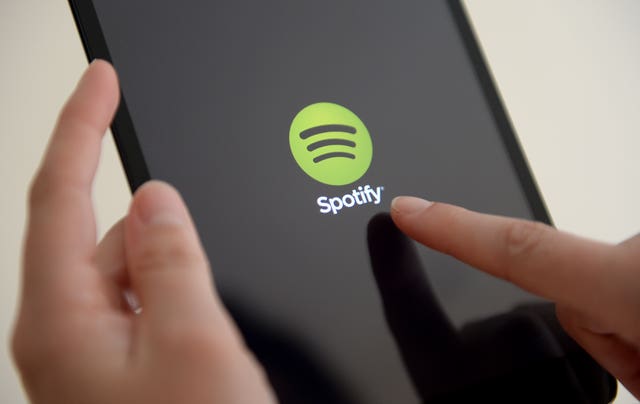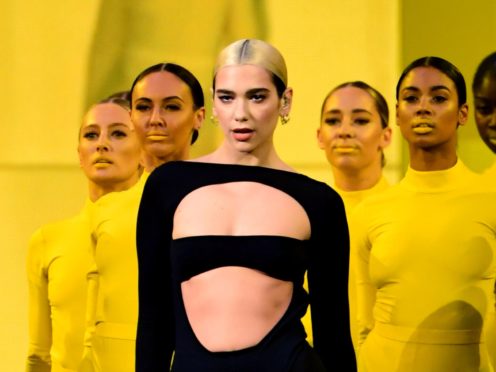The global recorded music market celebrated its sixth consecutive year of growth despite widespread disruption caused by the coronavirus pandemic.
Subscription streaming services such as Spotify and Apple Music helped drive an increase of 7.4% in 2020.
However, this was less than in 2019 when the market grew by 8.2%.
According to figures released by the International Federation of the Phonographic Industry (IFPI) in its annual global music report, revenues totalled 21.6 billion US dollars (£15.6 billion) last year.

In a briefing, IFPI chief executive Frances Moore said: “The work and investment from record companies in previous years has really helped over the last year, because it has helped lay the foundations for what is a predominantly digital industry that proved its resilience against the extraordinary circumstances we faced in 2020.”
Streaming more than offset a decline in physical formats such as CD and vinyl, which saw a drop of 4.7% in part due to the closure of record stores and other retailers due to lockdown.
Also hit was revenue from performance rights, money earned when a song is played in public, which declined by 10.1%, also largely because of the pandemic.
Streaming, however, saw a growth of 19.9% and reached 13.4 billion US dollars (£9.7 billion), or 62.1% of total global recorded music revenues.
Paid subscription streaming, as opposed to advertising-supported streaming, increased by 18.5% and there were 443 million users of paid subscription accounts at the end of the year.
Latin America held on to its position as the fastest-growing region globally (15.9%) as streaming revenues grew by 30.2% and accounted for 84.1% of the region’s total revenues.
Moore added in a statement: “As the world contends with the Covid-19 pandemic, we are reminded of the enduring power of music to console, heal and lift our spirits.
“Some things are timeless, like the power of a great song or the connection between artists and fans. But some things have changed. With so much of the world in lockdown and live music shut down, in nearly every corner of the globe most fans enjoyed music via streaming.
“Fuelled by record companies’ ongoing investment in artists and their careers, along with innovative efforts to help artists bring music to fans in new ways, recorded music revenues grew globally for the sixth consecutive year, driven by subscription streaming.
“As record companies continue to expand their geographical footprint and cultural reach, music has become more globally connected today than ever before and this growth has spread across all regions around the globe.
“With many impacted by the pandemic, and concerned with growing social injustices, record companies have worked hard to make a meaningful, lasting contribution to the world we want to live in.”
Covid-19 halting live performance revenue has prompted increased scrutiny of the business models of platforms such as Spotify, Apple Music, Amazon Music and Google Play.
In the UK, a Digital, Culture, Media and Sport Committee inquiry has been taking place into how the streaming model has affected artists and record labels, with high-profile figures including Nile Rodgers and the heads of the three UK major labels giving evidence.
